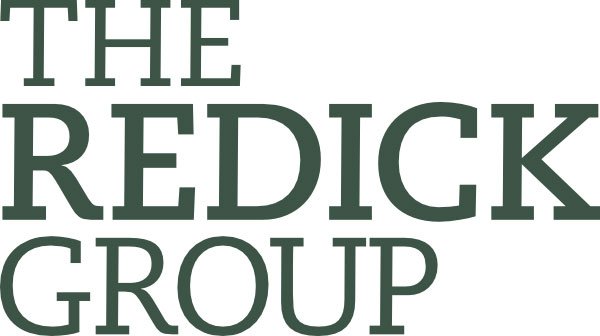I've come to learn that [a big part is] the amount of risk and [how the ideal candidate's] expertise mitigates that risk. It's a big reason why recruiters usually stick to a sure thing when recruiting a high profile role, and why it's important for someone who's a ways into their career—but not at a level they'd like to be—to have an advocate on the inside. In other words, someone who's willing to stick their neck out and vouch for them.
Read MoreA major component of networking, as classically defined in the career development world, is realizing that networking is a long-term investment—a concept that Shauna Bryce speaks eloquently about in our joint Eye on the C-suite presentations.
Read MoreIs it important to be able to talk about yourself at a high level? Yes. That's the purpose of developing an aggregate understanding about yourself and your career, which is really what an "elevator pitch" is. But that should lead to an in-depth conversation, in which you should be equally skilled.
Read MoreLet's face it. Writing a LinkedIn recommendation—even a really good one—isn't going to win you any literary awards. In fact, your beautifully crafted copy will these days be cemented to the absolute bottom of your subject's LinkedIn profile. No fame for you today.
So why try to write a great LinkedIn recommendation? Why not just dash off a few lines of well-trodden, risk-free copy used by so many others?
Read More"So why did you become [insert job title].?" (Notice the "why," not the "how.")
The beauty of the question is in the answer. Isn't it always?
Read More





